Introduction
Yes, dogs can eat lotus root. Lotus root (Kamal kakdi) is the root of the aquatic plant – lotus flower. Used in many cuisines, lotus root is a versatile vegetable that can be prepared in several ways, from steaming to deep-frying.
When used responsibly, lotus root is good for dogs. It has unique crunchy texture dogs like and a slightly sweet taste which dogs love. Not to mention that the lotus root is loaded with nutrients.
Why is Lotus Root Good for Dogs?
Lotus root is good for dogs because of its dense nutritional composition. Namely, the addition of lotus root to the dog’s menu comes with several health benefits. Here is a more detailed review of the reasons lotus root is good for dogs.

Supports healthy digestion
Like all plants, lotus root is rich in dietary fiber. Fibers are essential for boosting the digestion processes and preventing issues like diarrhea and constipation. They also help with other roles, such as supporting cardiovascular health and keeping the blood sugar levels under control.
Blood Pressure Regulation
Lotus root contains significant amounts of potassium and iron. These two minerals are vital for blood vessel relaxation and preventing hypertension or high blood pressure.
Promotes Weight Loss
Lotus root is excellent for dogs on weight-loss regimens. Not only is it low in calories it also keeps the dog satiated for long. This is due to the high dietary fiber content. Namely, when eating foods high in fibers, dogs feel full for longer.
Stress Relief
Lotus root is rich in B-complex vitamins, especially vitamin B6 (pyridoxine). Vitamin B6 acts as a natural stress reliever as it changes the overall brain chemistry. It also reduces irritability and supports better emotional health.
Healthy Skin and Coat
Lotus root is extra rich in vitamin A and vitamin C. These vitamins support healthy skin and a shiny coat, which are two important features considering the number of dogs with skin issues.
Can Lotus Root be Bad for Dogs?
Yes, lotus root can be bad for dogs. The same as any other vegetable, lotus root can cause several issues if misused – given too often or in large serving sizes.
When it comes to lotus root for dogs, it is also important to make sure it is prepared properly. Here is a short explanation of the reasons lotus root can be bad for dogs.
Hard to Digest
Lotus root contains high amounts of starch. The dog’s stomach is not equipped for processing starch and carbohydrates in general. Therefore, excess consumption of lotus root is likely to upset the dog’s sensitive gastrointestinal tract. Stomach upset manifests with vomiting, diarrhea, appetite loss, lethargy, and dehydration.
Intestinal Parasites
As an aquatic plant, the lotus root often contains parasites. If a dog consumes such contaminated lotus roots, it can develop intestinal parasites. This is the reason lotus root must not be served raw (while cooking destroys the parasites and prevents potentially dangerous infestations).
Choking Hazard
Basically, any human food poses a choking hazard for dogs with voracious appetites. This is because most dogs tend to gulp down food. If a small chunk or slice of lotus root accidentally ends up in the wrong pipe, it can cause choking. Choking is an emergency and requires the immediate performance of the Heimlich maneuver.
How Much Lotus Root Can my Dog Eat?
Lotus root classifies as vegetables, and veggies are not staple foods for dogs. In these terms, you should be using the lotus root as an occasional treat. Treats, in general, should not comprise more than 10% of the dog’s daily food intake.
In practice, you can give a medium-sized dog one or two slices of lotus root once per week. For smaller dogs, stick to one slice and if you have a larger dog, feel free to offer up to three slices.
If your dog has never tasted lotus root before, we suggest starting with smaller serving size. Then, if there are no issues, you can gradually increase the serving size. Last but not least, if you have a puppy, it is best not to give lotus root until the age of 12 months.

How to Prepare and Serve Lotus Root to your Dog?
To prepare and serve lotus root to your dog, you need to start with shopping. Lotus root can be found in larger grocery stores or at the Farmer’s market. Either way, you need to buy fresh and healthy-looking lotus roots.
Once you have the lotus root at home, you need to give it a thorough wash. After washing, chop the lotus root into smaller (ideally bite-sized) slices and cook it. The perfect cooking methods for dogs are steaming and boiling.
It is paramount not to serve the lotus root raw. The raw form is often contaminated with parasites. Plus, raw lotus root is hard to digest and can upset the dog’s sensitive stomach.
After cooking (steaming or boiling), which obviously needs to be done plain (no salt or other spices), leave the lotus root to cool, and it is serving time. You can serve the lotus root as a treat or mix it with homemade meals.
Summary
All in all, lotus root is a dog-friendly vegetable or aquatic plant. In fact, the term dog-friendly is an understatement.
When used responsible (properly prepared, in the right amount, and served occasionally), lotus root is health-boosting to dogs. In addition to being nutrient-rich, it has a pleasing taste and texture.
However, if adding lotus root to your dog’s menu, make sure you do it right – be mindful about the serving guidelines and do not forget that dogs are carnivores.
Sources
- The Ulti-Mutt Question: Can a Dog Choke to Death?, Bulldog Papa, 2020
- 7 Facts Every Pet Owner Needs to Know About Intestinal Parasites, Belmont Animal Hospital, 2019
- The Most Common Causes of Diarrhea in Dogs & How to Stop It, New Ulm Regional Veterinary Center, 2021
- Why Vitamin B6 Is Important For Dogs?, Bullyade Pet Supplements, 2021
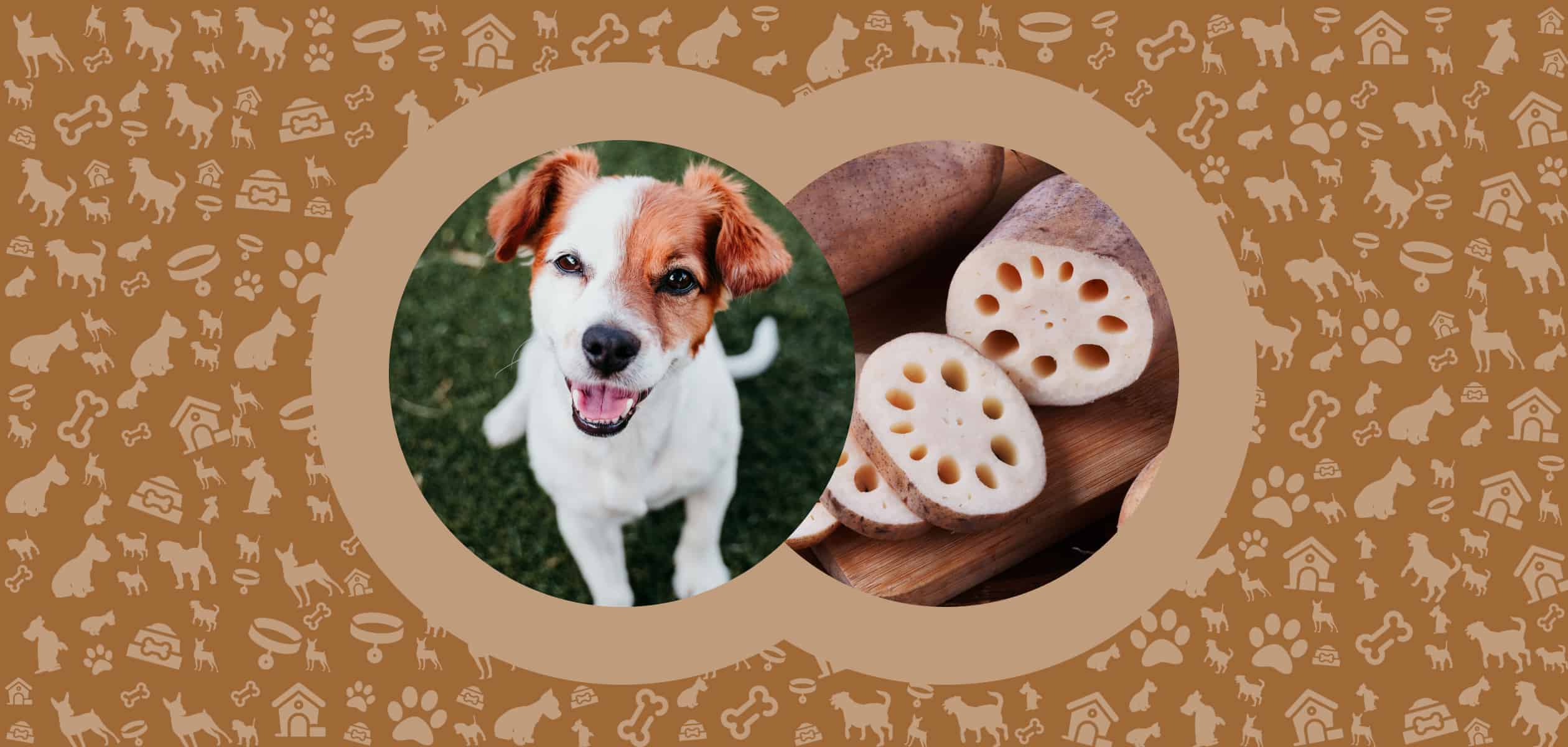
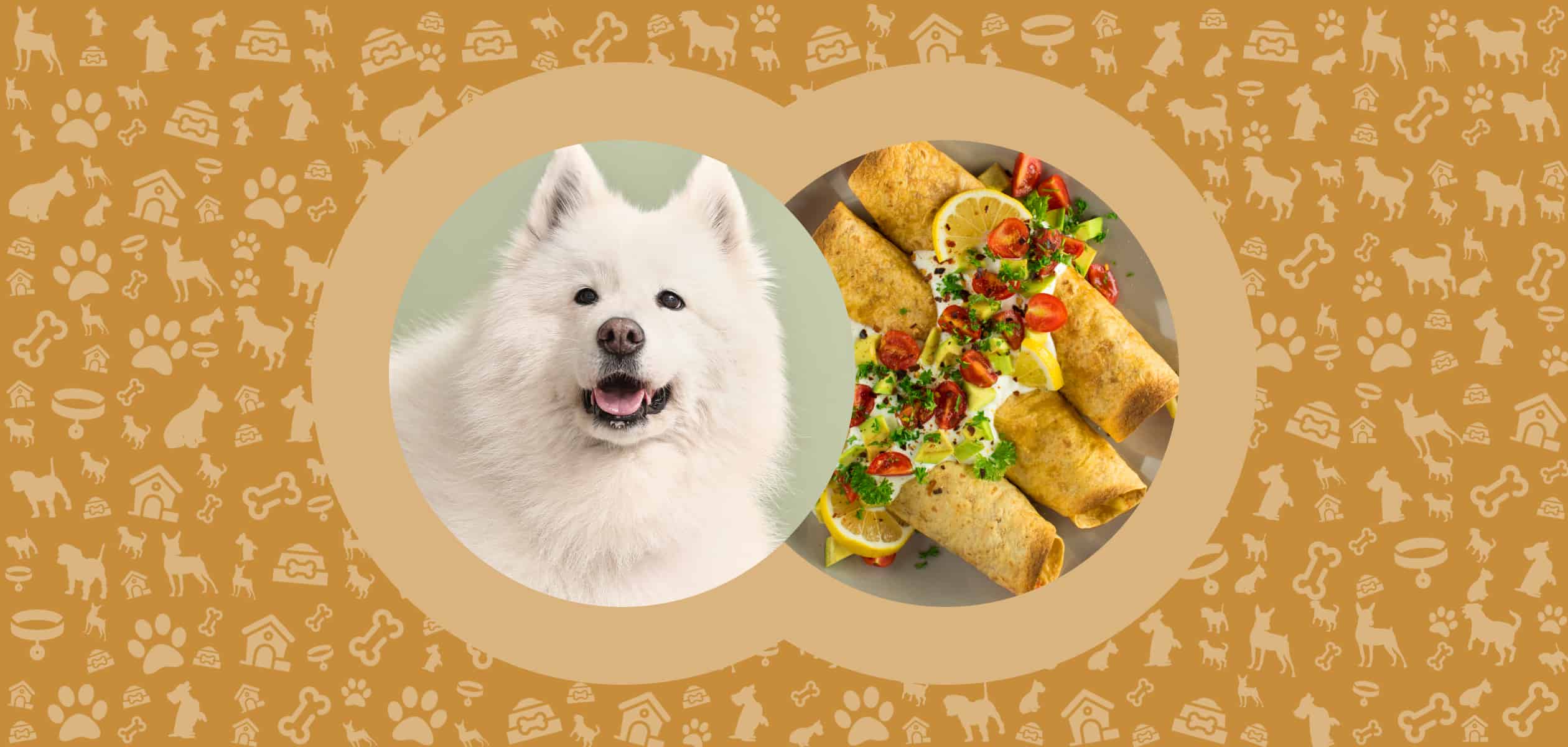
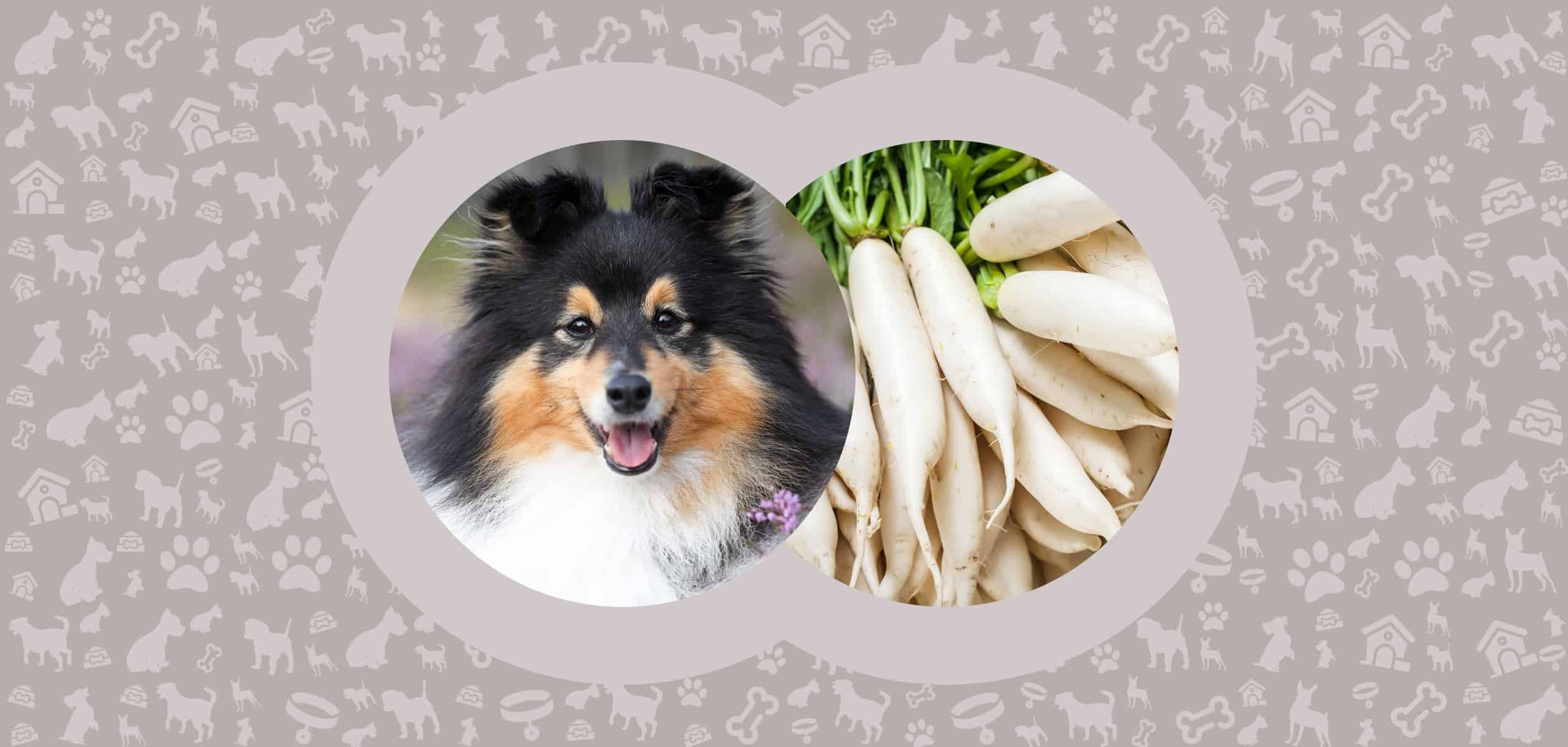

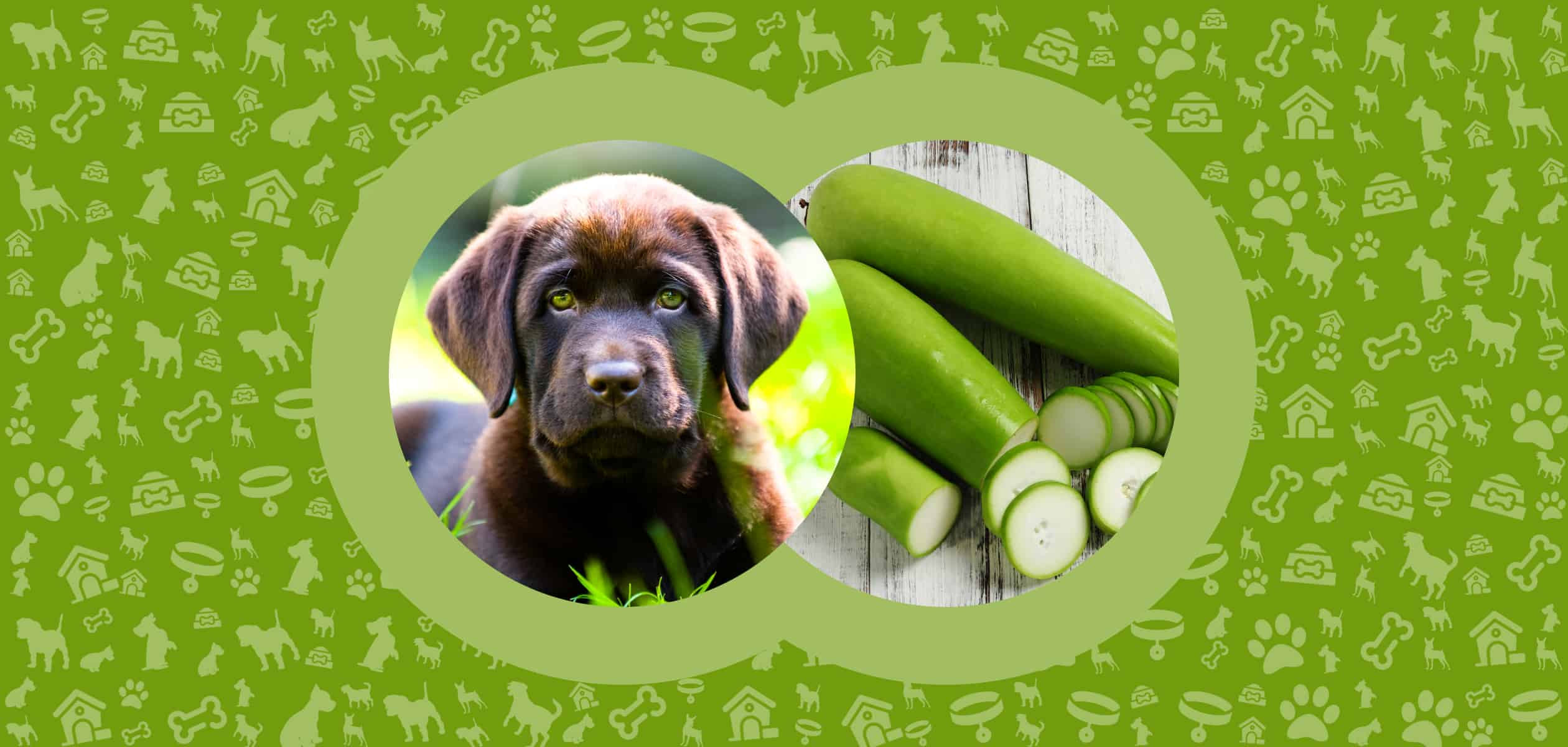
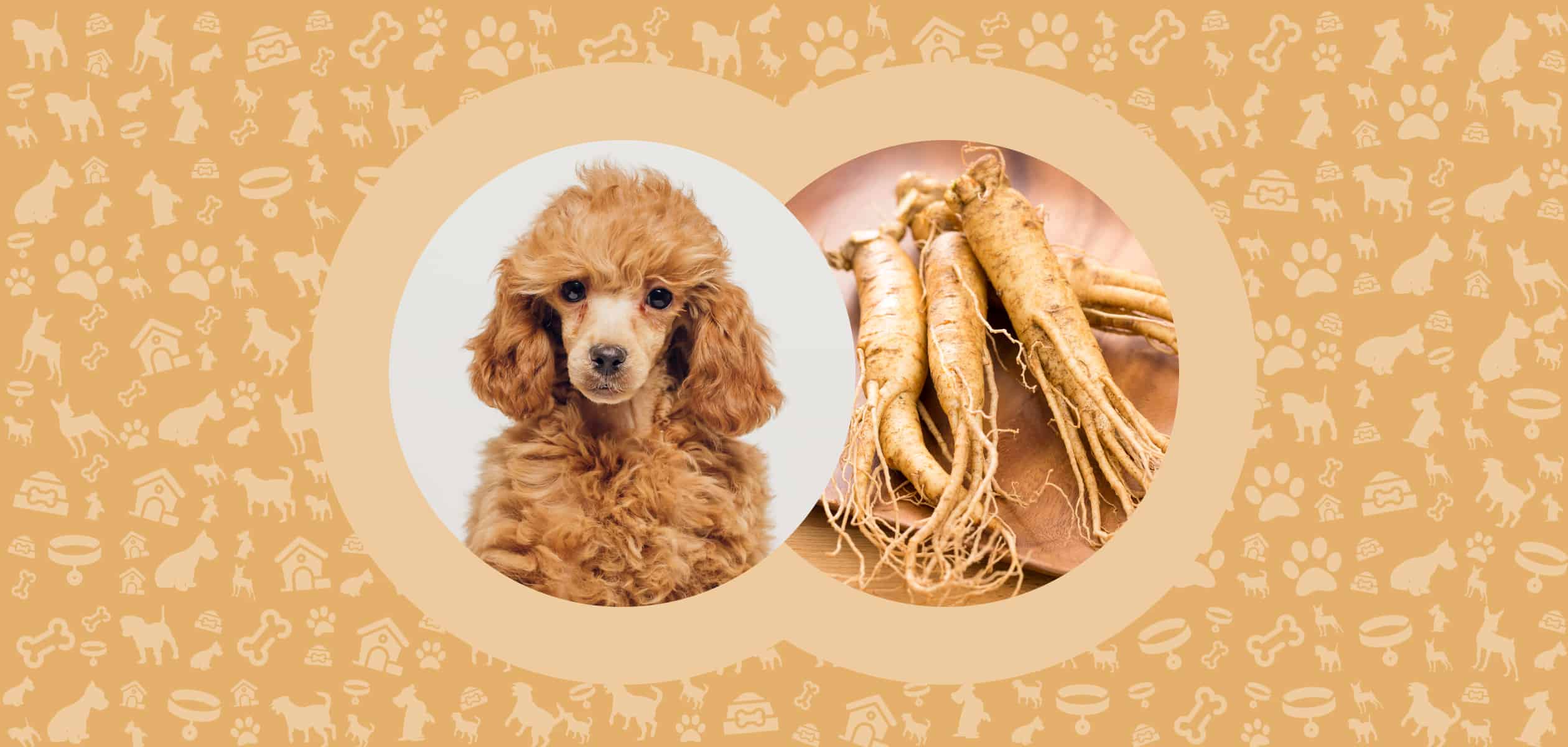
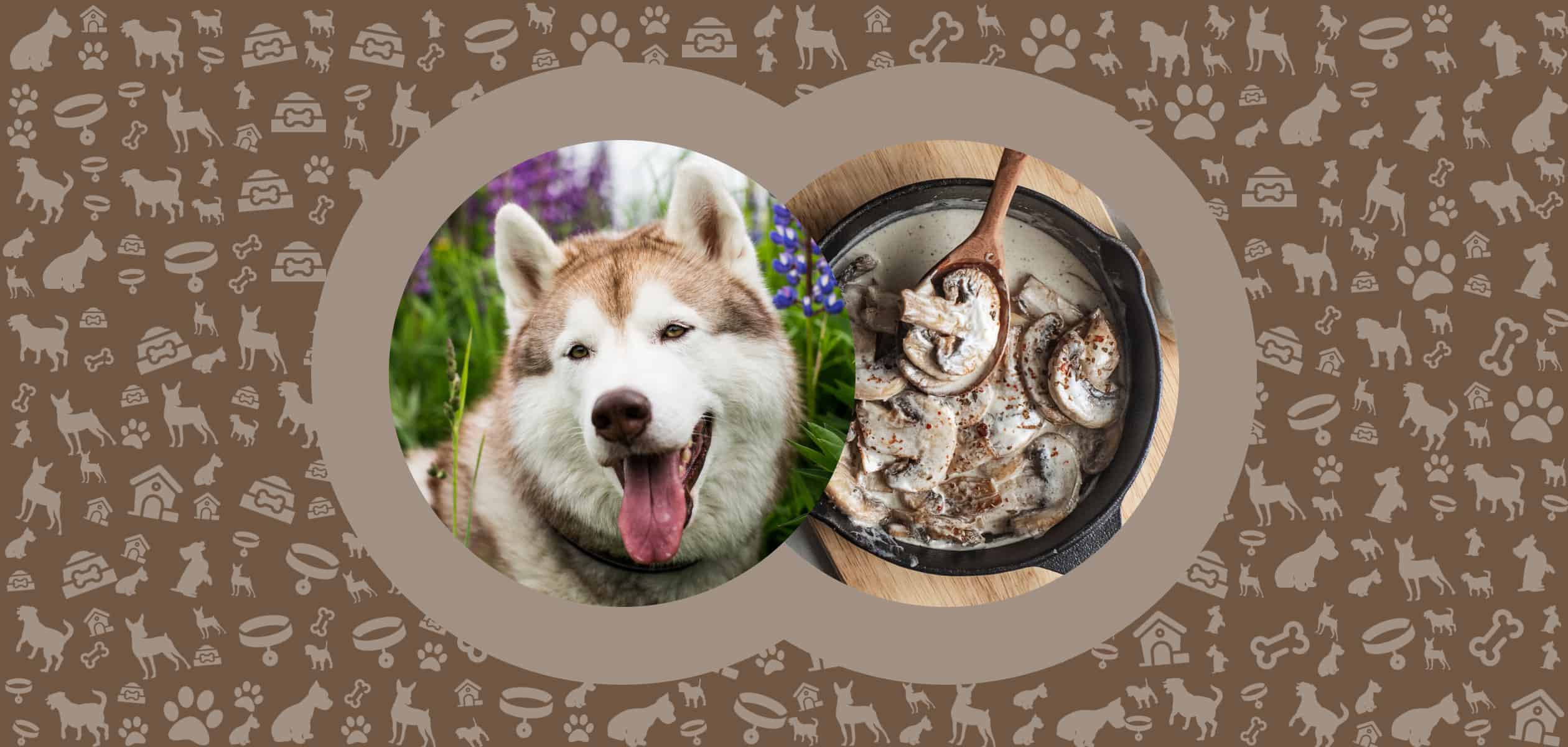
Leave a Comment